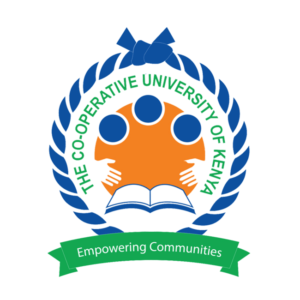Home » University News
University News
Exploring Energy Research: Students Visit IESR
By John Maina July 13, 2024 Students from The Co-operative University of Kenya embarked on a knowledge-packed journey to the Institute of Energy Studies and
CUK Hosts the Ushirika Blood Donation Drive 2024
By Meshack Ngangi June 11, 2024 The Co-operative University of Kenya hosted the Principal Secretary of the State Department of Co-operatives, Mr. Patrick Kilemi, who
Groundbreaking: SBE Dean’s Elections 2024
By Meshack Ngangi and John Maina June 4, 2024 The June 4th elections for the Dean School of Business and Economics were a groundbreaking achievement
Matriculation: Fresh Ladies and Gentlemen, May 2024
By Meshack Ngangi May 14, 2024 The atmosphere of Tuesday, May 14, 2024, dawn was filled with a breathtaking sense of purpose, resolve for academic
Grave Mistakes Students Make When They Join University
By Daniel Muinde Due to the copious amount of freedom and latitude to make choices, many students in the university fall into the trap of
Courtesy Call: WETCU Delegation from Tanzania
By Meshack Ngangi Tanzania’s Western Zone Tobacco Growers Co-operative Union (WETCU) delegation of Board Members led by Hamza Rajabu Kitunga today paid a courtesy visit
SGC Inauguration Ceremony: Passing on Leadership Baton
By Meshack Ngangi April 11, 2024, was marked by a spectacular event with the Student Governing Council’s inauguration that was nothing short of pomp, colour,
Dining with Champions: Vice-Chancellor’s Luncheon
By Meshack Ngangi On 11/04/2024, the Vice Chancellor of The Co-operative University of Kenya, Prof. Kamau Ngamau, held a luncheon to celebrate the victory brought
Cultural Week and Crowning of Mr & Miss CUK 2024/2025
By Meshack Ngangi Showcasing cultural genres of dance, art, music, sporting activities, fashion, and modeling in the 2024 cultural week festivals formed the backbone of
